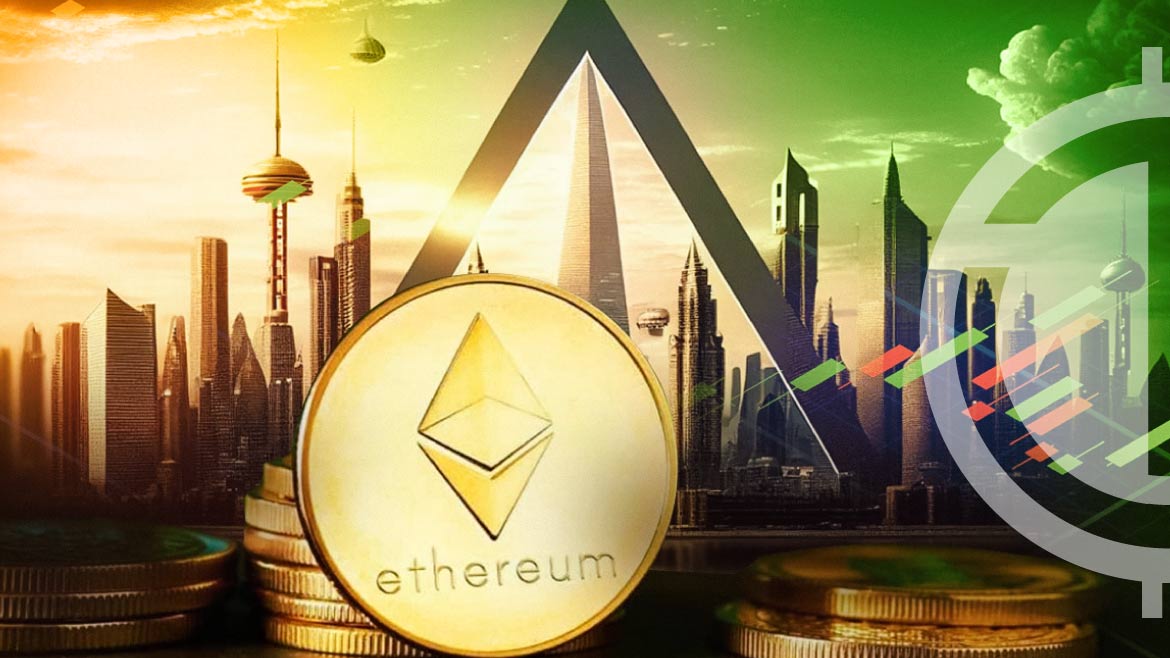- Validator queue empties for the first time since the Shanghai upgrade, signaling potential stability in ETH staking demand.
- Shanghai upgrade enables the withdrawal of staked Ether, a milestone for the Ethereum blockchain.
- As per a recent report, Staking yields dip from 5% to 3.5% as validators operate at peak capacity.
The validator queue has witnessed a rare occurrence in a significant turn of events for the Ethereum blockchain. It has emptied for the first time since the Shanghai upgrade in May. This development serves as a potential indicator that investor demand for ether (ETH) staking is stabilizing, as outlined in a recent research report by Coinbase.
Validators play a crucial role in blockchain by verifying transactions by temporarily locking up Ether in exchange for rewards. The Shanghai upgrade allowed for the withdrawal of staked Ether, marking a significant milestone.
According to insights shared by the distinguished crypto journalist Colin Wu through a Wu Blockchain X post, the validator entry had been operating at peak capacity over the past few months, resulting in a noticeable decline in staking yields from an initial 5% to a current 3.5%.
The Ethereum blockchain validator queue has emptied for the first time since the Shanghai upgrade in May, a signal investor demand for ETH staking is leveling off, Coinbase said in a research report Friday. With the validator entry at peak capacity in recent months, staking…
— Wu Blockchain (@WuBlockchain) October 16, 2023
Analysts David Duong and David Han emphasized the pivotal role of staked Ether’s yield, describing it as a cornerstone of the crypto ecosystem. It stands as a vital benchmark for assessing alternative crypto investments.
Considering the slowdown in validator expansion, coinbase foresees a continuation of stable staking yields, contingent upon the network’s maintenance of current activity levels and transaction fees. As per the report, the Ethereum mainnet demonstrated consistent performance in the third quarter, with a notable increase observed in total roll-up transactions.
In the forthcoming period, the report highlighted that there won’t be any significant Ethereum protocol upgrades until the anticipated arrival of Dencun, slated for the first half of 2024. Unless unforeseen major new protocols emerge or significant security breaches occur, no immediate technical catalysts are expected to influence on-chain activity substantially.
The impending Dencun upgrade is set to incorporate five Ethereum Improvement Proposals (EIPs), primarily focusing on augmenting data storage capacity and curbing fees on the blockchain. This upgrade is poised to usher in a new era for the Ethereum ecosystem.












